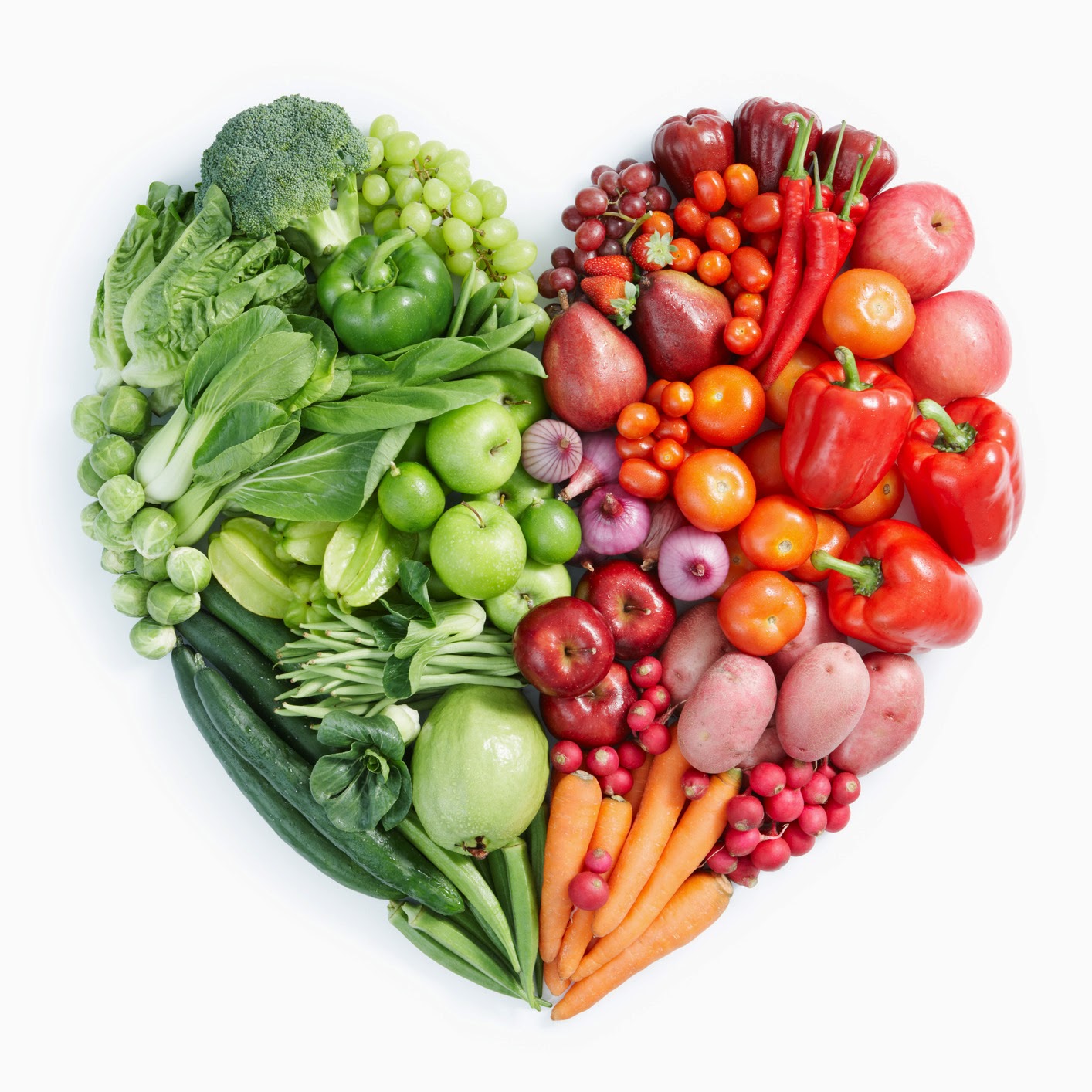Living a healthier life is one of those goals everyone talks about achieving. A healthy diet full of good nutrition is one of the biggest part of that healthy lifestyle. As this article will explain, eating healthy is not such a hard challenge. You may find the benefits more than make up for the minor inconveniences.
Proteins are very valuable nutrients to consume each week. Pick fish and skinless poultry. Also, eggs can be a very valuable source of protein during your meals. Recent studies have demonstrated that a single egg each day does not adversely impact an individual's health. Be sure to enjoy a meatless day once weekly. Instead of meat, use peanut butter, peas, seeds, beans or nuts.
When considering a diet that provides an adequate nutrition level, it is important to know what your daily calorie intake should be and to adjust your portions accordingly. The range of calories that you need depends on your sex, age, weight, and level of activity on a normal day. Many nutritional sites will provide this information for you after plugging in your information.
Nutritionists advise us against eating highly processed foods, and we should listen to them. But when we go to the grocery store, the shelves are loaded with highly processed foods. They are quick and easy to prepare. But we need to avoid them. Cooking from scratch pays off in the long run.
Make sure you read all labels and understand you know what it is you are eating before you eat it. You don't want to go in with any assumptions about foods you are unsure of before you eat them. Do some reading and research to know what is and isn't healthy for your body.
Making spaghetti sauce for your family is easy and with a few extra ingredients it can be more nutritious. The next time you make spaghetti sauce, try adding minced carrots or stirring in pureed baby-food carrots. These ingredients will enhance the flavor. Your family will never notice the extra veggies, but will benefit from the extra nutrition.
To help your body fight off diseases, eat plenty of foods containing Vitamin D. Vitamin D helps to regulate your body's immune system responses, and lowers the risk of many infections. It can also prevent chronic fatigue. Foods rich in Vitamin D include salmon, eggs, and tuna. Milk is another excellent source.
Nutrition in infants is very easy. Under the age of six months, an infant needs nothing but breast milk or formula. Once the child has reached six months old, pediatricians recommend that you introduce solid foods. This is more for acceptance than nutrition, as breast milk and formula has all the nutrition that an infant needs in the first year of life.
One of the great things about making your diet healthier is that you can do it in little steps. Following just a few of the tips provided will significantly improve your diet and help you to enjoy much better nutrition. Once you experience the benefits first-hand, you will be eager to obtain and apply more knowledge about being healthy.

No comments:
Post a Comment